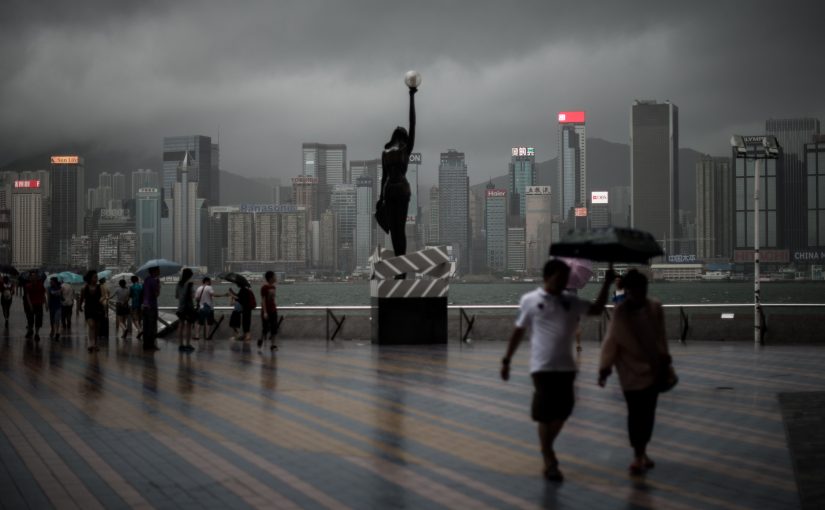Typhoon Season is Upon Us….
Typhoon Season is Upon Us….
29 Jun 2020
brief primer for those newly arrived to southeast Asia.
1. Difference between a Typhoon and a Hurricane? They are the same atmospheric phenomena. Both describe intense storm activity originating over the ocean and eventually making landfall where they rapidly dissipate in intensity.
2. When do they happen? Typhoon season is May to early November. 50% of typhoons occur from July to September.
3. What countries are most affected by typhoons? Typhoons develop in the lower pacific ocean area and move as they strengthen toward the Philippines and then follow a range that extends from Vietnam in the south to as high as Japan in the north. Taiwan and the Philippines seem to have more than their share of typhoons.
4. How intense are typhoons? Beginning in 2009, typhoons are categorized as typhoons, severe typhoons, or super typhoons. At the extreme, super typhoons have sustained wind speeds of at least 120 mph. These high winds are accompanied by rain bands
5. How long do they last? Typhoons move fairly quickly, so from the beginning to the end may last up to 48 hours before they move on.
AFP PHOTO / Philippe Lopez
6. Are there any kinds warnings? How much advanced notice can I expect? With the advent of advanced weather satellites, and the analysis of big data, there is usually several days notice from the very beginnings (tropical depressions) to the full-fledged typhoon.
7. What steps can I take to protect myself and my property? Stock up on basic supplies such as water, batteries, flashlights, and enough food for three or four days, just in case.
- Tape windows that face the oncoming storm. That way, if the window should break, there will be less chance of flying glass shards. Use heavy-duty masking or duct tape and make large X shapes from corner to corner.
- Secure anything outside (on a patio, balcony, etc.) Typhoons can lift up even heavy, metal furniture, and if that happens, it will be very dangerous. Consider moving these items inside while the storm passes.
- Stay away from windows while the storm is at its most intense. Instead, move towards the inside of your building.
- Prepare for possible water damage. Consider what you would do and how you would do it if there is any major water incursion into your home.
- Closely monitor the typhoon’s progress on your local TV or radio weather channel.
Experiencing a typhoon can be unnerving. The wind, the rain, and the sheer force of nature at it’s most furious is something to behold. We hope you don’t experience typhoons, but if you do, we hope you stay safe. Be careful; you cannot overestimate the power of mother nature.










